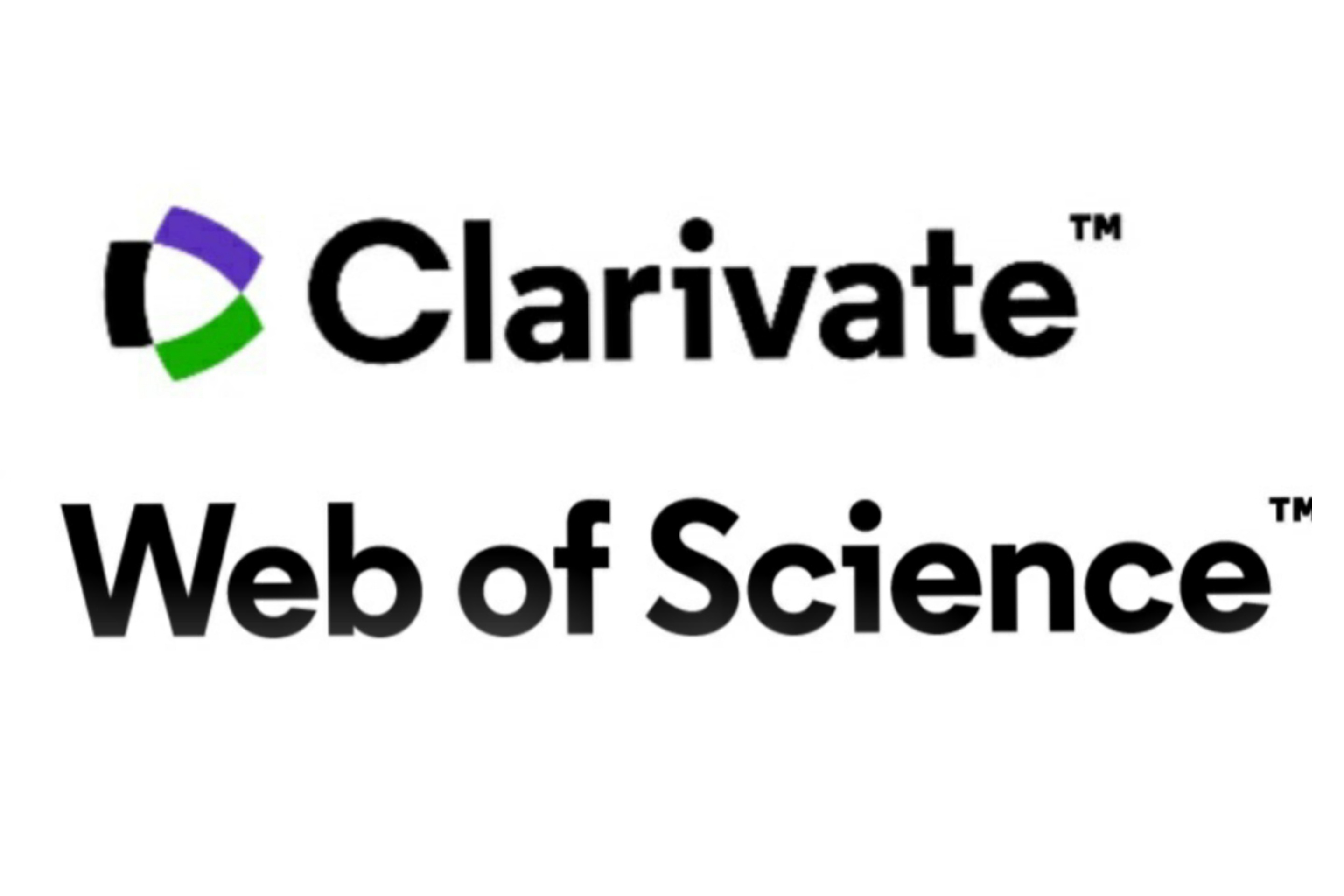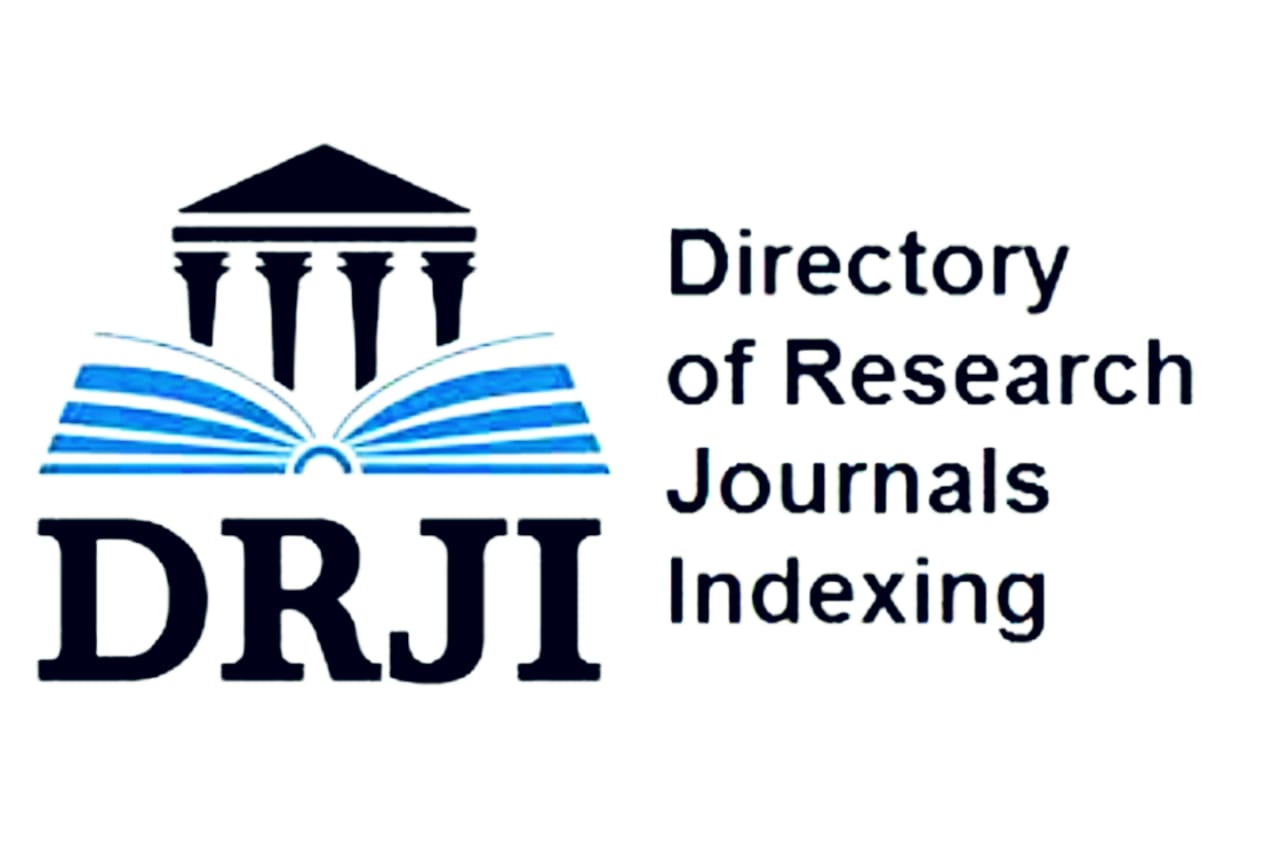The constituents of volatile oils from Thymus altaicus
DOI:
https://doi.org/10.26577/2218-7979-2014-7-2-74-77Keywords:
Thymus altaicus, Altay region, Volatile oils, GC-MS,Abstract
The volatile oil constitutes were extracted from the aerial parts of Thymus altaicus by water steam distillation were analyzed by GC-MS method. Fifty six compounds were separated. Their relative contents were determined by area normalization in which 47 volatiles were identified. The major volatile oils of T. altaicus are 3- cyclohexene-1-methanol, α,α-4-trimethyl- (35.84%), benzene, 1-mehtyl-2-(1- methylethyl)-(15.24%), β-myrcene (10.30%), thymol (7.94%), 1,4-cyclohexadiene, 1-methyl-4-(1-methylethyl)-(5.34%), caryophyllene (5.26%), 1,6-octadien-3-ol,3,7-dimethyl (4.78%), 2,6-octadien-1-ol,3,7-dimethyl-, (E)- (2.06%), 2,6-octadien-1-ol, 3,7-dimethyl-, acetate, (E)- (1.31%), caryophyllene oxide (1.23%).References
1. Flora Kazakhstan, Almaty, 1963. – Vol.3. – P. 204-213.
2. Xu X., Konirbay B., Jenis J., etal. The Kazakh Materia Medica, The Ethnic Press: Beijing. – 2009. – P. 357.
3. P. Rubiolo, B. Sgorbini, E. Librto, C. Cordero, C. Bicchi. Essential oils and volatiles: sample preparation and analysis// Flavour Fragr. J. 2010.- Vol. 25. – P. 282-290.
4. Bergström G., Rothschild M., Groth I., Crighton C. Oviposition by butterflies on young leaves: investigation of leaf volatiles// Chemoecology. – 1994. – Vol. 5. – P. 147-158.
5. Kesselmeier J., Staudt M. Biogenic volatile organic compounds (VOC): An overview on emission, physiology and ecology// Journal of Atmospheric Chemistry. – 1999. – 33(1). – P. 23–88.
6. Jenis J., Burasheva G.Sh., Aisa H., Ba-hang, Abilov Zh.A. Constitutes of the Volatiles from Atriplex tatarica // Nat. Prod. Res. Dev. – 2010. – 22 (6). – P.1040-1044.
7. Miguel M.G. Antioxidant and anti-inflammatory activities of essential oils: a short review// Molecules. – 2010. - Vol.15. – P. 9252-9287.
8. Cosge B., Turker A., Ipek A., Gurbuz B., Arslan N. Chemical compositions and antibacterial activities of the essential oils from aerial parts and corollas of Origanum acutidens (Hand.-Mazz.) Ietswaart, an Endemic Species to Turkey// Molecules. – 2009. – Vol.14: – P. 1702-1712.
9. Mahboubi M., Kazempour N. Chemical composition and antimicrobial activity of Satureja hortensis and Trachyspermum copticum essential oil// Iran. J. Microbiol. – 2011. – 3(4). – P. 194-200.
10. Leung A.Y. Encyclopedia of Common Natural Ingredients Used in Food, Drugs and Cosmetics// John Wiley & Sons, 1980, New York.
11. Lorenzetti B.B., Souza G.P., Sarti S. J., Santos-Filho D. & Ferreira S.H. Myrcene mimics the peripheral analgesic activity of lemongrass
tea// Journal of Ethnopharmacology. – 1991. – 34. – P. 43-48.
12. Carlini E.A., Contar J.D., Silva-Filho A.R., Silveira-Filho N.G., Frochtengartten M.L. & Bueno O.A. Pharmacology of lemongrass
(Cymbopogon citratus Stapf.). I. Effects of teas prepared from the leaves on laboratory animals// Journal of Ethnopharmacology. – 1986. – Vol. 17. – P. 37-64.
2. Xu X., Konirbay B., Jenis J., etal. The Kazakh Materia Medica, The Ethnic Press: Beijing. – 2009. – P. 357.
3. P. Rubiolo, B. Sgorbini, E. Librto, C. Cordero, C. Bicchi. Essential oils and volatiles: sample preparation and analysis// Flavour Fragr. J. 2010.- Vol. 25. – P. 282-290.
4. Bergström G., Rothschild M., Groth I., Crighton C. Oviposition by butterflies on young leaves: investigation of leaf volatiles// Chemoecology. – 1994. – Vol. 5. – P. 147-158.
5. Kesselmeier J., Staudt M. Biogenic volatile organic compounds (VOC): An overview on emission, physiology and ecology// Journal of Atmospheric Chemistry. – 1999. – 33(1). – P. 23–88.
6. Jenis J., Burasheva G.Sh., Aisa H., Ba-hang, Abilov Zh.A. Constitutes of the Volatiles from Atriplex tatarica // Nat. Prod. Res. Dev. – 2010. – 22 (6). – P.1040-1044.
7. Miguel M.G. Antioxidant and anti-inflammatory activities of essential oils: a short review// Molecules. – 2010. - Vol.15. – P. 9252-9287.
8. Cosge B., Turker A., Ipek A., Gurbuz B., Arslan N. Chemical compositions and antibacterial activities of the essential oils from aerial parts and corollas of Origanum acutidens (Hand.-Mazz.) Ietswaart, an Endemic Species to Turkey// Molecules. – 2009. – Vol.14: – P. 1702-1712.
9. Mahboubi M., Kazempour N. Chemical composition and antimicrobial activity of Satureja hortensis and Trachyspermum copticum essential oil// Iran. J. Microbiol. – 2011. – 3(4). – P. 194-200.
10. Leung A.Y. Encyclopedia of Common Natural Ingredients Used in Food, Drugs and Cosmetics// John Wiley & Sons, 1980, New York.
11. Lorenzetti B.B., Souza G.P., Sarti S. J., Santos-Filho D. & Ferreira S.H. Myrcene mimics the peripheral analgesic activity of lemongrass
tea// Journal of Ethnopharmacology. – 1991. – 34. – P. 43-48.
12. Carlini E.A., Contar J.D., Silva-Filho A.R., Silveira-Filho N.G., Frochtengartten M.L. & Bueno O.A. Pharmacology of lemongrass
(Cymbopogon citratus Stapf.). I. Effects of teas prepared from the leaves on laboratory animals// Journal of Ethnopharmacology. – 1986. – Vol. 17. – P. 37-64.
Downloads
How to Cite
Jenis, J., G. B. Bazhikova, M. A. Dusebaeva, Zh. A. Abilov, and H. Aisa. 2014. “The Constituents of Volatile Oils from Thymus Altaicus”. International Journal of Biology and Chemistry 7 (2):74-77. https://doi.org/10.26577/2218-7979-2014-7-2-74-77.
Issue
Section
Chemistry
License
ааа

















